Researchers led by Keiya Hirashima at the RIKEN Center for Interdisciplinary Theoretical and Mathematical Sciences (iTHEMS) in Japan, in collaboration with partners from The University of Tokyo and Universitat de Barcelona in Spain, have successfully created the first Milky Way simulation capable of tracking more than 100 billion individual stars across 10 thousand years of evolution. This groundbreaking achievement was made possible by combining deep learning with high-resolution physics, a technique that has removed one of the biggest computational bottlenecks in galactic modeling.
According to Keiya Hirashima, the lead researcher on the project, "Our AI-enhanced simulation is hundreds of times faster than current methods, allowing us to model galaxy-scale realism with unprecedented speed and detail." This significant improvement in computational efficiency is a direct result of the team's innovative approach, which leverages deep learning to learn how gas behaves after supernovae. By doing so, they have overcome a major hurdle in galactic modeling, enabling the simulation of complex astrophysical phenomena with greater accuracy.
The new simulation is a testament to the power of interdisciplinary research, combining expertise in artificial intelligence, astrophysics, and computational physics. The team's work has far-reaching implications for various fields, including climate and weather modeling. By developing more accurate and efficient methods for simulating complex systems, researchers can better understand and predict phenomena such as climate change, severe weather events, and the behavior of complex networks.
The creation of this simulation marks a significant milestone in the development of AI-enhanced astrophysical modeling. The ability to track individual stars across vast distances and time scales has long been a challenge in galactic modeling. By overcoming this hurdle, the researchers have opened up new avenues for exploring the behavior of galaxies, stars, and other celestial objects.
The RIKEN Center for Interdisciplinary Theoretical and Mathematical Sciences (iTHEMS) has been at the forefront of AI research in Japan, and this achievement is a testament to the center's commitment to pushing the boundaries of scientific knowledge. The team's work has also sparked interest among researchers in other fields, who are exploring the potential applications of AI-enhanced modeling in their own work.
As the field of AI-enhanced astrophysical modeling continues to evolve, researchers are likely to build upon this breakthrough, exploring new applications and pushing the boundaries of what is possible. The creation of this simulation is a significant step forward, and its implications will be felt across a range of scientific disciplines for years to come.



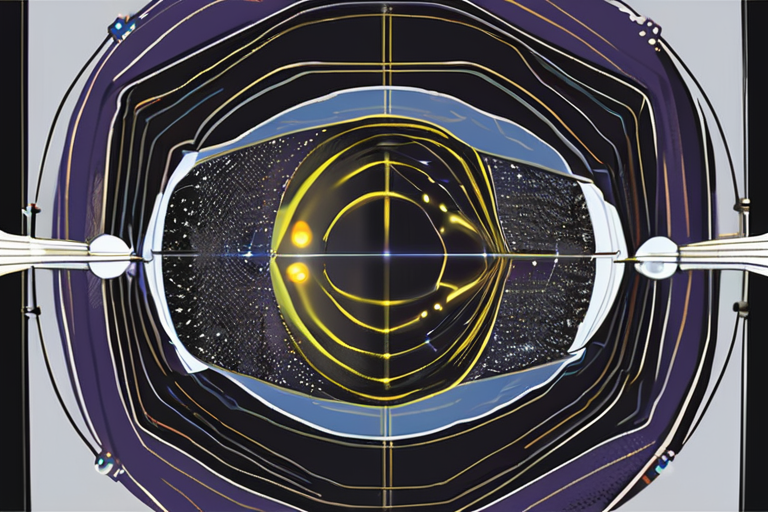


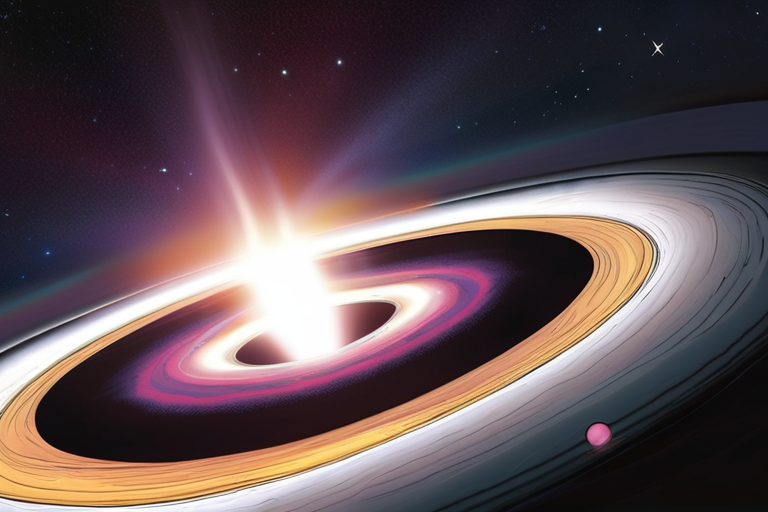
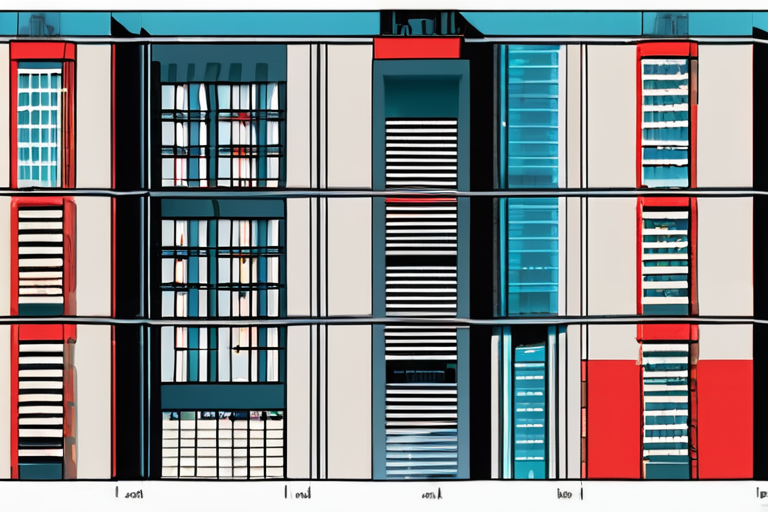


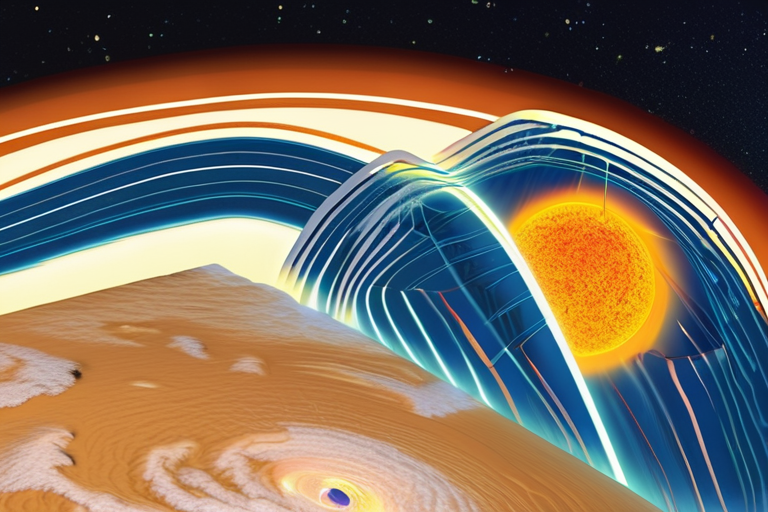

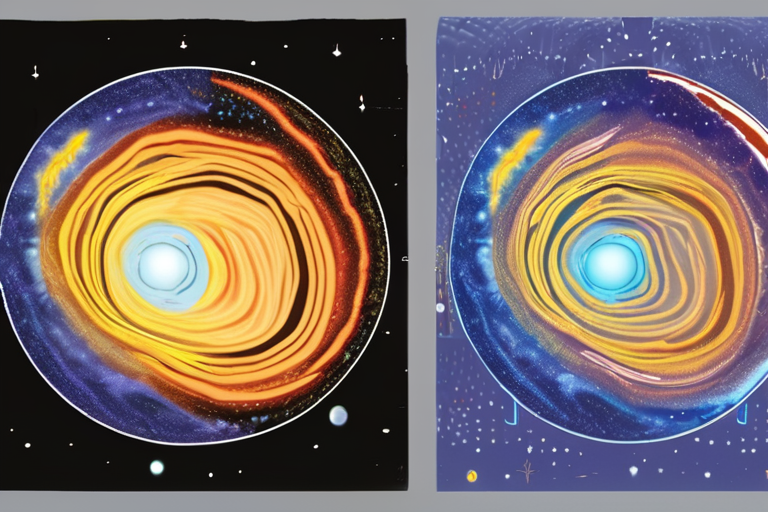

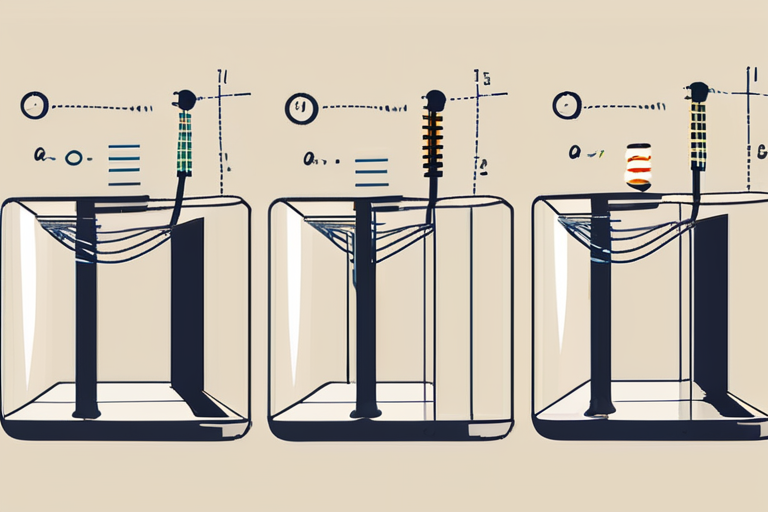
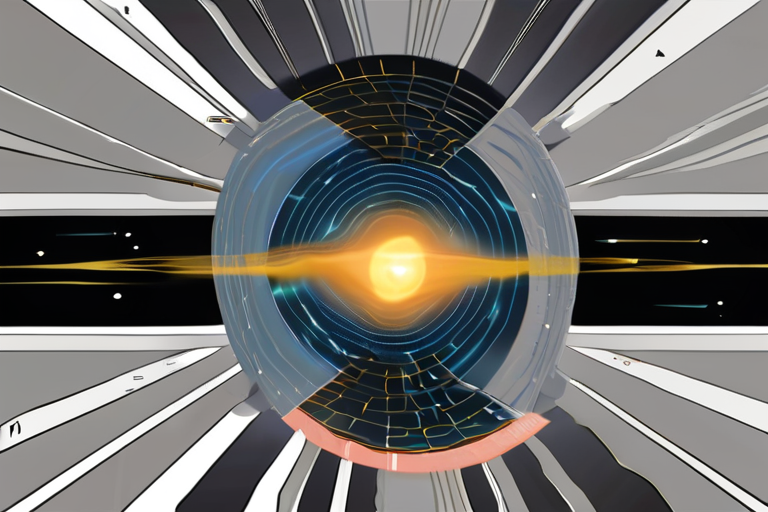




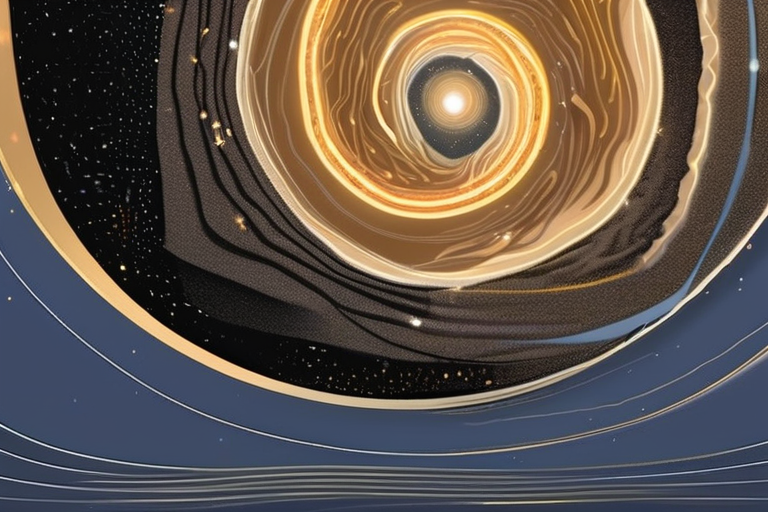

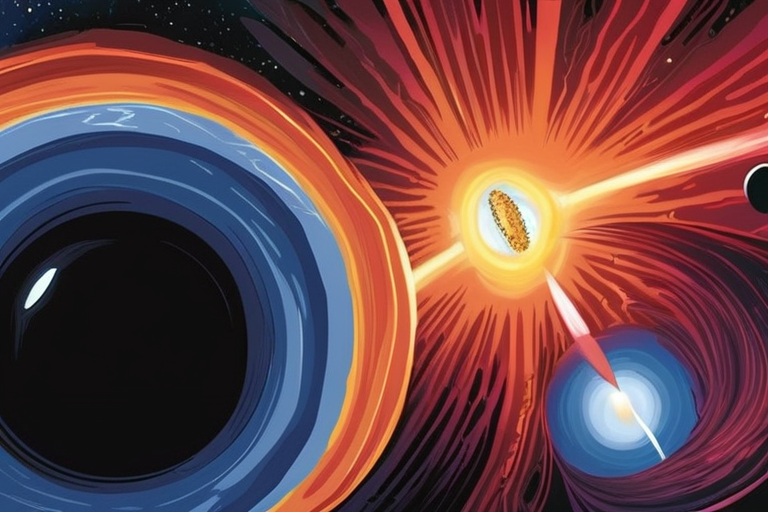
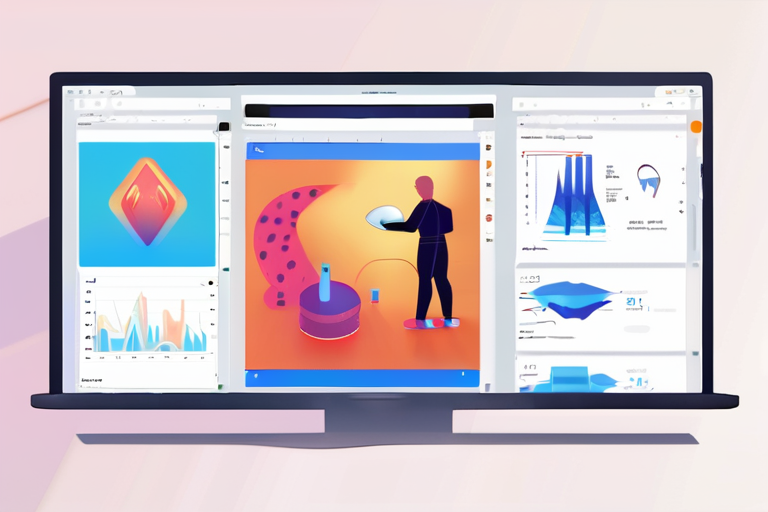

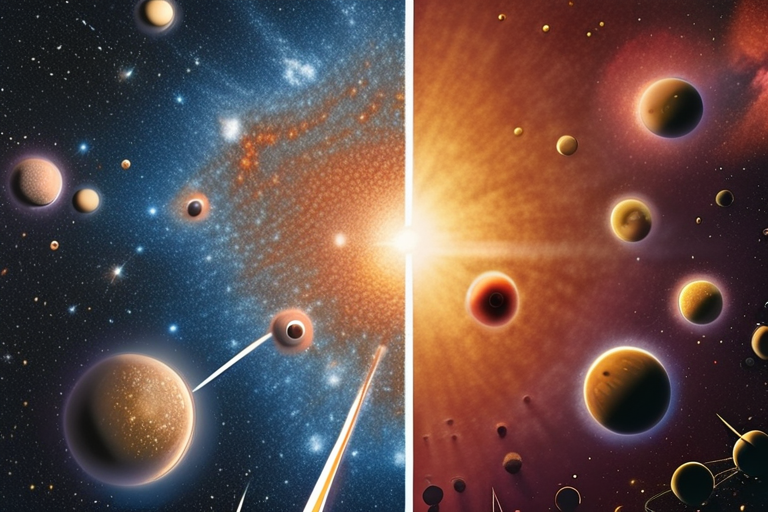
Share & Engage Share
Share this article